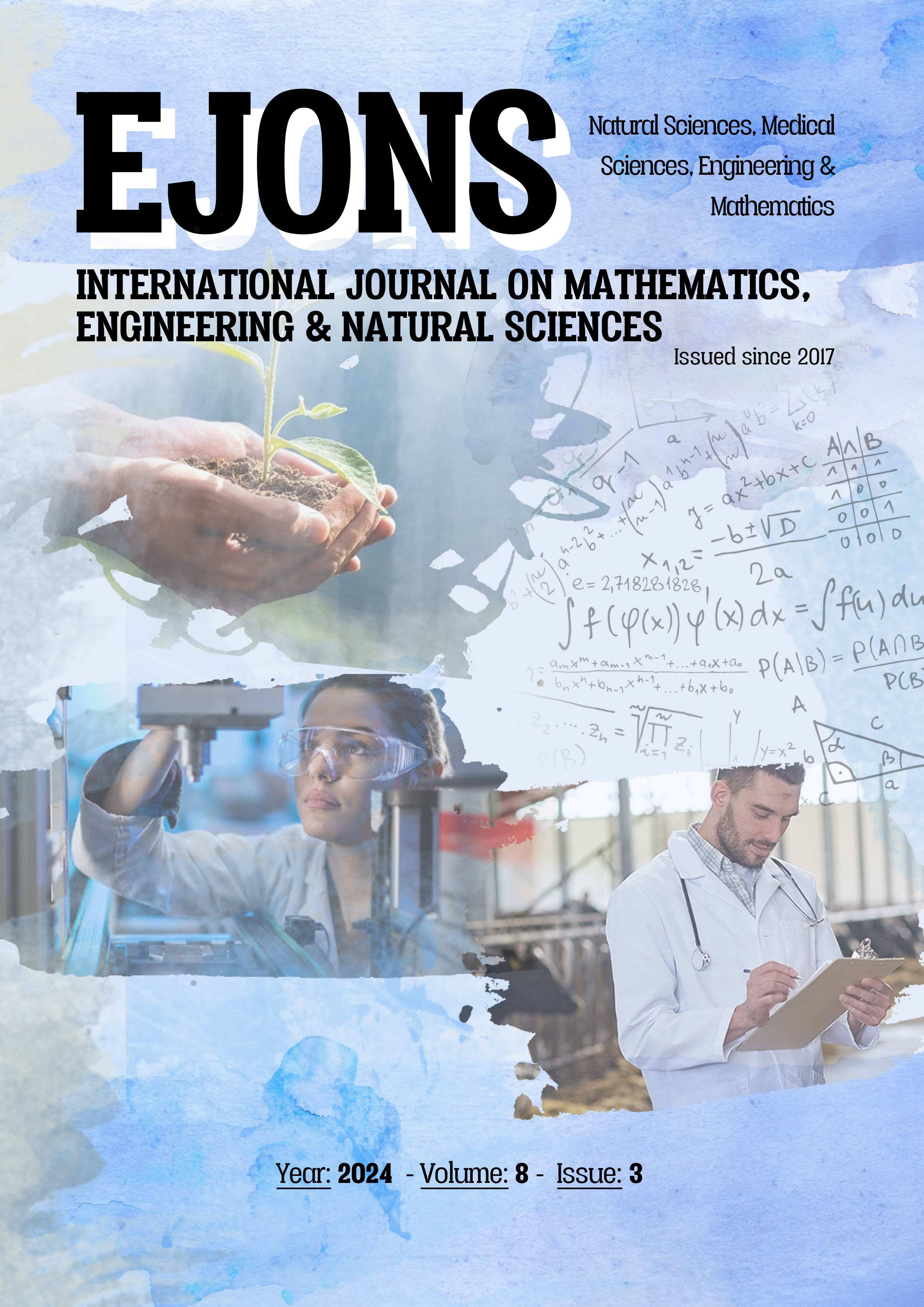Gaslighting ve Psikolojik Yaklaşım
Gaslighting and Psychological Approach
DOI:
https://doi.org/10.5281/zenodo.13906895Keywords:
gaslighting, manipulation, abuse, psychological approachAbstract
The concept of gaslighting is a type of abuse that aims to make the target person question their mental health, their own point of view, the accuracy and legitimacy of their feelings, to contradict and doubt. This concept, which has gained increasing popularity in recent years, has often been considered in the context of romantic relationships. However, a growing body of scientific studies are revealing the presence of gaslighting in any social environment (peer family member, parent), workplace (co-worker, manager) or in a medical field. Gaslighting can lead to confusion, loss of self-confidence, and uncertainty of the person's mental stability. Systematic and long-term manipulations cause the person to be hypervigilant, withdraw from personal and social areas, experience anxiety, grief and guilt. Gaslighting causes post-traumatic stress disorder (PTSD). It can cause nightmares, insomnia, depression, suicidal thoughts, frequent outbursts of anger and anhedonia in the person. In this regard, it is very important to provide the necessary psychological support to individuals. In this review, it is aimed to explain gaslighting behavior and its effects, to evaluate the challenging complexities of gaslighting behaviors, and to bring together structural research in the literature.
References
Abramson, K. (2014). “Turning up the Lights on Gaslighting”, Philosophical Perspectives, (28)
Akiş, A. D. & Öztürk, E. (2021). Patolojik Narsisizm: Duygusal İstismar ve "Gaslighting" Perspektifinden Kapsamlı Bir Değerlendirme. Artuklu İnsan ve Toplum Bilim Dergisi, 6 (2), 1- 31.
American Psychological Association, Erişim tarihi 07.06.2024
Calef, V. & Weinshel, E. M. (1981). Some clinical consequences of introjection: Gaslighting. The Psychoanalytic Quarterly, 50(1), 44-66.
Carter, C.R. (2022).Gaslighting: ALS, anti-Blackness, and medicine. Feminist Anthropology, (3) 235-245.
Christensen M. & Evans-Murray A. (2021). Gaslighting in nursing academia: A new or established covert form of bullying? Nurs Forum.56(3):640-647.
Clark, Cynthia M. PhD, RN, ANEF, FAAN; Landis, Tullamora T. PhD, RN; Barbosa-Leiker & Celestina Doktora (2021). National Study on Faculty and Administrators' Perceptions of Civility and Incivility in Nursing Education 46(5):s 276-283.
Çabuk B. & Kumova F. (2024). Gaslighting Olgusunun Sosyodemografik Faktörler ve Kişilik Eğilimleri Bağlamında İncelenmesi,İnsan ve Toplum Bilimleri Dergisi,(23)212-236.
Çetinkaya, D. N., & Akgül Gök, F. (2024). Feminist Sosyal Hizmet Bakışından Evlilik İlişkilerini Konu Alan Filmlerde Gaslıghtıng İncelemesi. Elektronik Sosyal Bilimler Dergisi, 23(89), 69-80.
Gaslight.” Merriam-Webster.com Sözlüğü, Merriam-Webster, https://www.merriam-webster.com/dictionary/gaslight. Erişim tarihi 8 Ekim 2024.
Hightower, E. (2017). An exploratory study of personality factors related to psychological abuse and gaslighting (Doctoral dissertation, William James College).
Howard V. (2019). Recognising Narcissistic Abuse and the Implications for Mental Health Nursing Practice, Issues in Mental Health Nursing, 40(8), 644-654.
Johnson V.E., Nadal K.L., Sissoko D.R.G, King R.(2021). "It's Not in Your Head": Gaslighting, 'Splaining, Victim Blaming, and Other Harmful Reactions to Microaggressions. Perspect Psychol Sci.16(5):1024-1036.
Kukreja P &Pandey J.(2023). Workplace gaslighting: Conceptualization, development, and validation of a scale. Front Psychol(30),14
McGregor, J. & McGregor, T. (2014). The sociopath at the breakfast table: Recognizing and dealing with antisocial and manipulative people. Hunter House, Inc. Alameda, CA.
Nazir, T., & Özçiçek, A. (2022). Gaslighting: İki Yüzlü Bir Duygusal İstismarla Yüzleşmek. Anadolu Üniversitesi Eğitim Fakültesi Dergisi, 6(3), 241-250.
Roberts, J. C., Wolfer, L., & Mele, M. (2008). Why victims of intimate partner violence withdraw protection orders. Journal of Family Violence, 23(5), 369-375
Sarkis, S. (2018). Gaslighting: How to recognize manipulative and emotionally abusive people-and break free. Hachette UK.
Simon, G. (2010), In sheep’s clothing: Understanding and dealing with manipulative people. Little Rock, AR: Parkhurst Brothers, Inc.
Smith, M.E. (2007). Self-deception among men who are mandated to attend a batterer intervention program. Perspect Psychiatr Care, 43(4):193–203.
Stark, Cynthia A. (2019). Gaslighting, Misogyny, and Psychological Oppression. The Monist 102 (2):221-235.
Stern, R., (2007). The gaslight effect: how to spot and survive the hidden manipulations others people use to control your life. Newyork: Morgan Road Book.
Sweet, PL (2019). Gaslighting'in Sosyolojisi. Amerikan Sosyoloji Dergisi , 84 (5), 851-875.
Şenyuva, G., & Yavuz, M. F. (2024). Karanlık Üçlü Kişilik Örüntüleri Ve Psikolojik Manipülasyon Arasındaki İlişkinin Değerlendirmesi-İstanbul Örneklemi. Kıbrıs Türk Psikiyatri Ve Psikoloji Dergisi, 6(3), 223-231.
Wagers, S.M. (2015). Deconstructing the ‘power and control motive’: Moving beyond a unidimensional view of power in domestic violence. Partner Abuse, 6(2), 230–242.
Downloads
Published
How to Cite
Issue
Section
License
Copyright (c) 2024 EJONS INTERNATIONAL JOURNAL

This work is licensed under a Creative Commons Attribution-NonCommercial 4.0 International License.


